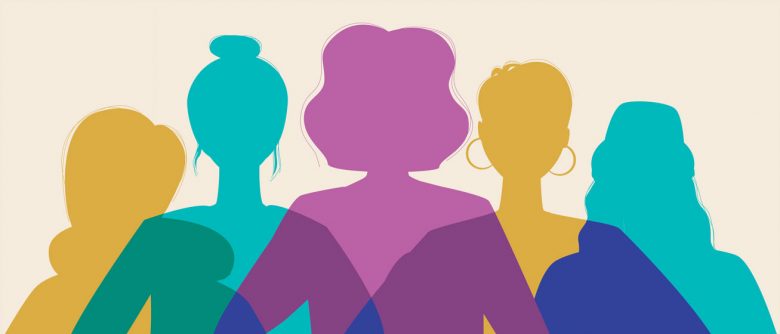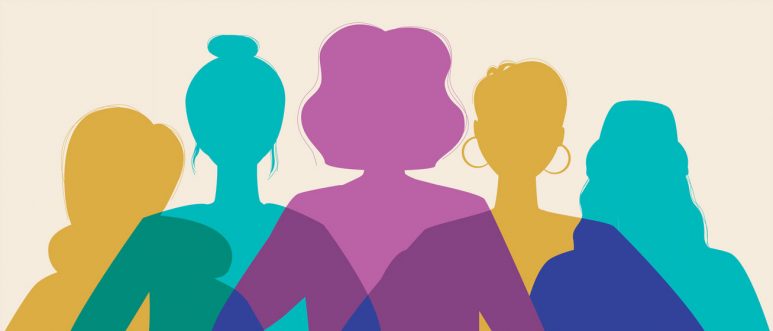By Anna Lekas Miller
Today people around the world are marking International Women’s Day—a day that is traditionally celebrated with marches and rallies to celebrate women’s achievements and strive for gender equality.

However, this month marks another anniversary as well—one year since the beginning of lockdowns to combat the spread of the not-so-novel Coronavirus.
For this reason, today, I want to talk about the “she-cession”
She-cession is a term coined by Institute for Women’s Policy Research President C. Nicole Mason to point out how the economic impact of the COVID-19 pandemic has disproportionately impacted women.
The more research comes out, the more it becomes clear that this is happening around the world. In the US, women lost 5.5 million jobs—one million more than men. UK women have similarly lost 12.9 percent of their earnings, double the losses of their male counterparts. According to a report from UN Women, there are currently 1.7 times as many women as men outside of the labor market as men, in the sixteen different countries where they conducted their research.
Why is this?
Around the world, women are more likely to work in low paid sectors, as well as sectors hard hit by the lockdowns, such as retail and hospitality. Women are also generally more likely to work as nurses and teachers, two jobs notoriously strained by pandemic.
Of course, there is also good old-fashioned sexism as well. At home, women around the world still shoulder a disproportionate amount of household duties, which during the pandemic has meant everything from taking care of sick family members to helping their kids with virtual school—often all the while juggling the jobs that they’re actually paid for alongside it all.
Unfortunately, there is no vaccine for sexism or gender inequality—but we can work to build a better future for when we all “go back to normal.”
To start with, the media should make sure to amplify women’s stories, so that we know the extent of this “shecession” and acknowledge that not all women are in the same boat. While some women might come out the other side of the pandemic as entrepreneurs—as Forbes pointed out—many women aren’t able to take these risks and need better solutions to be able to support and care for their families.
So, this International Women’s Day, let’s come together to come up with solutions to end the “shecession” and pave the way forward for a better world.
For more videos make sure you Subscribe on MDI’s YouTube page and follow us on Instagram, Facebook and Twitter
Photo Credits: Vikky Mir / Shutterstock

